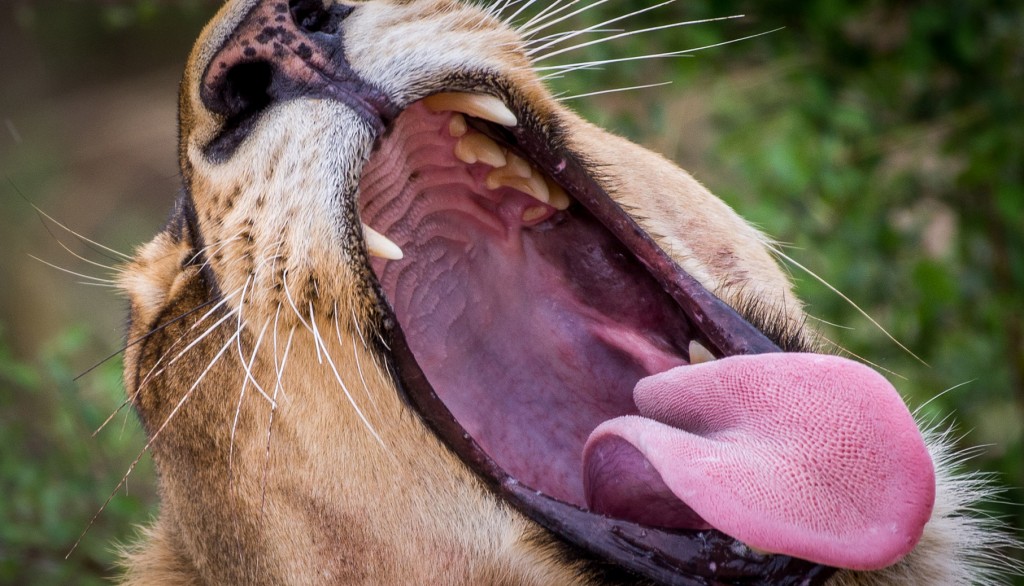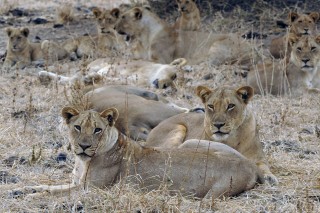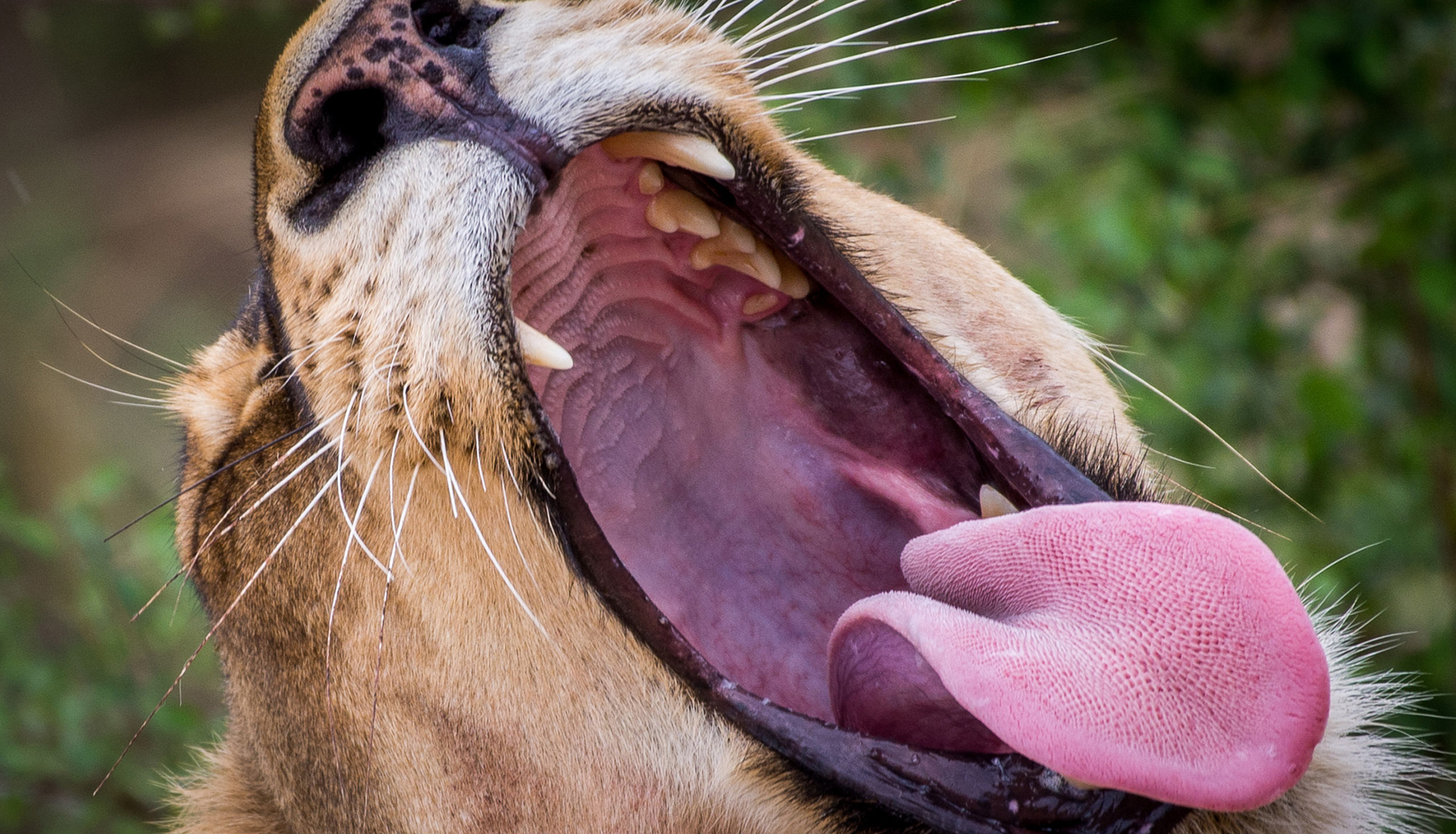
August 15, 2016
WANTED: Dead or Alive
- as seen by -
 Natalie Ingle
Natalie Ingle
Hunting and conservation make controversial bedfellows. In our field, there are the animal advocates who believe sport hunting has no place in the quest to save wildlife, and there are those who argue that carefully regulated trophy hunts can provide, among other benefits, significant funding for conservation. Indeed, in 2014, a member of the Dallas Safari Club paid $350,000 to hunt an endangered black rhino in Namibia, a deal which required a “significant” contribution to the country’s Game Products Trust Fund which supports “conservation of wildlife resources.”
Globally, hunting licenses and concessions generate untold revenues for protected areas, local communities, and species-focused management efforts; our own U.S. Fish and Wildlife Service accepts trophy hunting like that of the rhino where it fits into a strategic and CITES-approved conservation plan, and when it determines that the program benefits the survival of the species in the wild.
What can’t be quantified is the potential for bad publicity (remember Cecil?), corruption, and increased demand for illegal wildlife products. Many of my colleagues will tell you that the science behind “conservation-friendly” hunting is disastrously weak.
For the animal advocates it’s hard not to see hypocrisy in the killing of a creature whose species is threatened with extinction. Admittedly, I’m among the “bunny huggers” with a distaste for killing on principle, preferring to hang photos on my wall rather than heads.
But the concept does raise uncomfortable questions that conservationists can’t always reconcile. Is the legal loss of one rhino worth the amount of money it might take to employ a local ranger force for a year? Did the media backlash surrounding Cecil’s death actually catalyze greater conservation action or only stimulate anti-hunting campaigns? What hidden dangers exist when we begin “managing” at-risk species with hunting programs?
Nikon D610




Comments
GABRIELA VARGAS
August 17, 2016 at 5:27 pm
LOS TROFEOS DE CACERÍA NO TIENEN SENTIDO Y NO AYUDAN EN NADA, ABSOLUTAMENTE NADA AL EQUILIBRIO DE LA NATURALEZA. NO ES CIERTO. NADA JUSTIFICA EL CRIMEN DE LA CACERÍA. O…… PODRÍA CAZAR SERES HUMANOS???? YA QUE ESO SÍ CONTRIBUYE AL EQUILIBRIO DE LA NATURALEZA. PERO NO, NO SE PUEDE, TAMPOCO CON LOS ANIMALES!!!!!!!!! ADEMÁS LA CACERÍA DE ANIMALES NO CONTRIBUYE EN NADA, EN NINGÚN BENEFICIO PARA NADIE.
Robert Klyce
August 21, 2016 at 1:40 am
Trophy hunting is incomprehensible to me. But you raise good questions in your article, and I am aware of conservation benefits provided by responsible hunting practices. However, it’s certainly not an ideal state of affairs (though we don’t live in an ideal world.) My view is that wildlife and wilderness bear intrinsic value and native integrity independent of any extrinsic value ascribed to them by human beings. I also believe stewardship, care and reverence for creation are virtues inherent in human dignity, i.e. in what makes people truly, fully human, in the best sense. Finally, metaphysically speaking, existence = essence [viz. species] instantiated in individuals at least as much as in populations. And each individual, including a non-human one (science demonstrates this more and more), is a unique, unrepeatable, awesome mystery…So if trophy hunting is something we have to do, then so be it. But in my view, it’s too bad that it has to be that way. Thanks so much, Bob
GABRIELA VARGAS
August 21, 2016 at 10:23 am
LA CACERÍA ES UN CRIMEN SIN DUDA ALGUNA, QUE LO JUSTIFIQUEN CON “SALVAGUARDAR EL EQUILIBRIO DE LA NATURALEZA” ES LA PEOR IDEA DE IGNORANTES QUE GANAN DINERO CON ESO. NADA JUSTIFICA LA CACERÍA. NO DEJAREMOS DE INSISTIR EN ESTE PUNTO, HASTA LOGRAR LEYES RÍGIDAS E INAMOVIBLES QUE PROTEJAN A TODAS LAS ESPECIES DEL BRUTAL Y COBARDE CAZADOR.